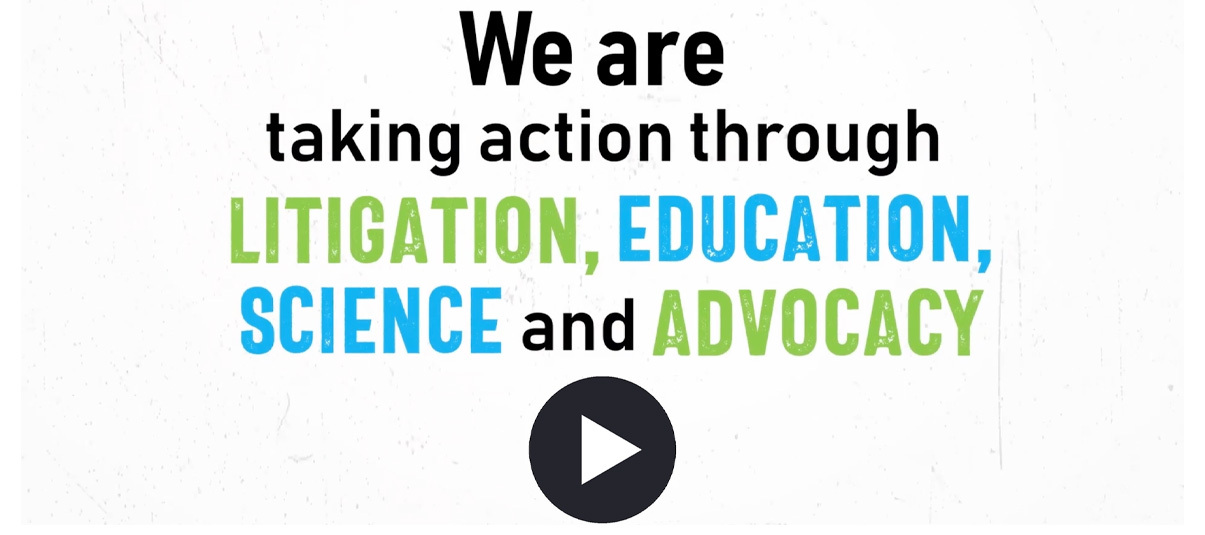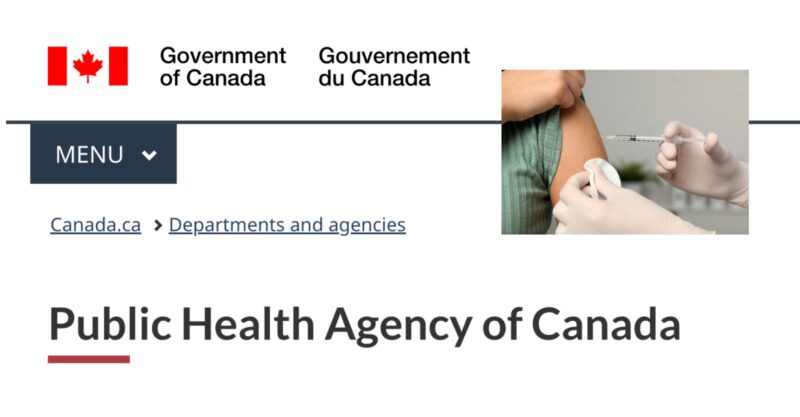Public Health Agency of Canada: ‘Immunization cannot be made mandatory because of the Canadian Constitution’
In 1996, the Public Health Agency of Canada published a report that stated,
“Unlike some countries, immunization is not mandatory in Canada; it cannot be made mandatory because of the Canadian Constitution.”
Volume: 23S4 – May 1997
Read the Canadian National Report on Immunization, 1996 below:
1. Immunization in Canada
Vaccines are licensed for use in Canada by the Bureau of Biologics and Radiopharmaceuticals, Health Protection Branch, Health Canada. Licensing is conditional to an application being filed by the manufacturer and a favourable review of the supporting information submitted by the company. Provincial and territorial ministries of health then buy vaccines from available licensed products on the market, which are then provided to the public free of charge. Each province and territory is responsible for the delivery of immunization programs to its populations; vaccines and schedules are selected to suit the goals of their public-health programs. Nevertheless, general Canadian recommendations on the use of vaccines exist. They are formulated by the National Advisory Committee on Immunization (NACI) – a committee of members from across the country who are experts in areas, such as public health, infectious diseases, and pediatrics.
NACI has reported to the Assistant Deputy Minister of the Health Protection Branch since 1975. Its mandate is to provide Health Canada with ongoing and timely medical, scientific, and public-health advice relating to vaccines and certain prophylactic agents generally and, more specifically, to their use in humans, their evaluation, and the monitoring of vaccine-associated adverse events (VAAEs). In addition to updating the Canadian Immunization Guide, NACI also issues regular statements on the use of vaccines. Currently, all NACI statements are published in the Canada Communicable Disease Report (CCDR). Provinces and territories will adjust their recommended schedules and selection of vaccines based on NACI recommendations, as well as on local epidemiologic, program and financial considerations.
Unlike some countries, immunization is not mandatory in Canada; it cannot be made mandatory because of the Canadian Constitution.
Only three provinces have legislation or regulations under their health protection acts to require proof of immunization for school entrance. Ontario and New Brunswick require proof for diphtheria, tetanus, polio, measles, mumps, and rubella immunization. In Manitoba, only measles vaccination is covered. It must be emphasized that in these three provinces, exceptions are permitted for medical or religious grounds and reasons of conscience; legislation and regulations must not be interpreted to imply compulsory immunization.
Requiring proof of immunization for school entrance serves two main purposes. First, parents who have forgotten to have their children properly immunized will be reminded and can rectify the situation. Second, parents who do not wish to have their children immunized must actively refuse and sign documents attesting to that fact. Also, all provinces and territories have regulations that allow for the exclusion of unvaccinated children from school during outbreaks of vaccine-preventable diseases. Currently, Quebec is the only jurisdiction in Canada to have a compensation plan for vaccine-associated adverse events (VAAE).
In some provinces and territories, the public healthcare system administers immunization programs; infants and children receive their vaccinations at public health clinics. In other provinces and territories, vaccinations are primarily given by private physicians who order vaccines from local public health units.
Figure 1 below indicates the estimated percentage of immunization provided by both ways in each jurisdiction. Generally, in provinces and territories with a dual system, the public healthcare system serves rural areas, while private practice predominates in urban settings. Private physicians generally administer recommended vaccines for non-institutionalized adults.

Source: Canadian National Report on Immunization, 1996
Therefore, there is no such thing as a vaccine mandate to attend school if there are exemptions
The Canadian government publicly states above that vaccines cannot be made mandatory based on the Canadian Constitution. The government had to provide exemptions, so for parents being threatened with school suspensions, know there is no such thing as a vaccine mandate to attend school if there are exemptions.
Parents being pressured by schools may cite this document from the Public Health Agency of Canada.
For additional information on protecting your private medical records and navigating school exemptions in Ontario, check out these articles:
How to Protect Your Private Health Information in Canada
Navigating the Ontario Exemption Process for School Children with Christine Colebeck
Find extensive exemption information (including exemption forms) from our friends at Vaccine Choice Canada HERE.
***************************************************************************************************************************

